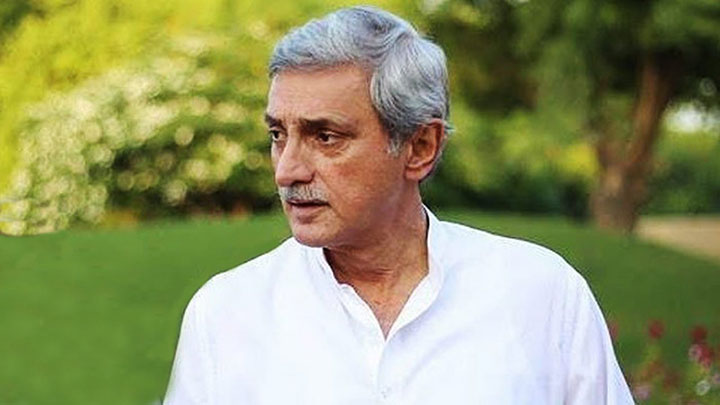By: Rida Fatima
India has survived the stretch of time and the test of tides with its indigenizing and agglomerating nature. Despite being a juggernaut of a fragmented society and agitational politics, it has absorbed the differences by harmonizing and disseminating power and its values. However, in this process of indigenizing modernity, India has gone through two phases, i.e. Indianization and Saffronisation. These phases have transformed Indian secular nationalism into Hindu cultural nationalism.
The march of Modi and the BJP to purge the modern ideals is indicated in the Gujarat riots of 2002, revocation of Article 370 in 2019 and the Delhi riots of 2020.
Modernity is the application of rational knowledge to control nature. It is progressive and rejects the shackles of tradition. But this rationality is in a continual process of interpretation and re-interpretation in India. The tolerance of ambiguity in the Indian political culture is the cause of both its millennial survival and its enduring strength. It is a society which bases its modern outlook on the traditional foundations of caste and community. This contradictory dualism is the cause of Indian exceptionalism. Where democracy is surviving despite societal stratification, demands are addressed in spite of deep fragmentations and bigotry of political promises is not just internalized but expected by the public. Hence, the survival of Indian democracy and political system is a result of ‘a parliamentary, bureaucratic and socially authoritarian state holding a ritual of election’. Only the ritual of election stands purely modern while all other factors are Indianized. Thus democracy in India is what Huntington puts, ‘inherently a parochializing not a cosmopolitanization process.’
India has gone through two simultaneous processes as suggested by Rajni Kothari. Firstly, modernization of India and secondly, Indianization of modernity. Although, these suggest a dual structure of a polity but it is cyclic and reinforcing in its essence. And I add to it the third process of saffronisation of modernity which is a result of social authoritarianism and exclusive norms being legitimized on the basis of dharma by the Bharatiya Janata Party (BJP). It imbibes a political culture where the forces of change and continuity intersect. Modi’s government has instrumentalized these enduring characteristics to reconstruct the diversity of narratives into meta-narratives which are culturally assertive, socially exclusive and politically conservative.
The Hindu circular logic of history, known as the Vedic Cycle (the Vedic Age being the golden age) is transforming India, where the Hindutva protagonists consider themselves to be the sole saviours of the Hindu civilization by a process of purgation; wiping the sources of the so-called adulteration caused by the others. This form of identification is based on a ‘categorical self’ which understands itself in comparison to the other. And the other is not just alien but an enemy. The political myth of nationalism devised to unite the Indians on a single platform is under a cultural invasion. Such cultural assertiveness of India is fixating a highly fluid and dynamic society with an amorphous religion. And such lack of cultural flexibility can cost India its civilizational vigour and force. However, the seeds of such trends were sown beforehand, when Gandhi in the quest of the electoral support penetrated into the villages of the sub-continent and attracted the people through the traditional symbols, i.e. a common civilization, motherland and language. These symbols through traditional were taking the Indian of the rural dwellings towards a secular democratic concept. Transforming the small level cultural orientations to broad-based orientations which still inherently remained cultural and now are resurfacing after being suppressed by the decades-long government of the Congress Party.
The Indian hybrid is like a mosaic where the fragmentation is acute at the state level yet is consumed and what the international community witness at the federal level, is a faux shade of unity. The march of Modi and the BJP to purge the modern ideals is indicated in the Gujarat riots of 2002, revocation of Article 370 in 2019 and the Delhi riots of 2020. All these events are not merely the examples of indentured violence but organized violence to consolidate the perjury and reinvigorate the Hindu identity in contrast to the other communal identities. Such transformation from an Indian nationalism of Vivekananda to Hindu nationalism of Savarkar is a deliberate move towards a civilizational state where the culture became the true currency of politics. The Indian society, which is based on small level orientation lacking the essence of civic nationalism, easily falls prey to this call of cultural chauvinism.
However, hope is still alive. The loss of BJP in Delhi by-elections suggests the resistance to the cultural idea of India. The adamant BJP government stands oblivious of the distinctions India holds from other civilizational states. China is excessively homogeneous and a closed society whereas Russia has a smaller population which can be agglomerated under a single Slavic banner. But India is the pandora’s box with rampant population growth, scores of languages and religio-cultural diversity. The idea of historical unity which was constructed by the Indian elite to combat the British divide et impera has created further divisions which are being solidified by the BJP. Hence, there is a need to revisit the discourse of faux historical unity and homogeneity if India aims to survive the saffronisation of a magnificent rainbow of its cultural diversity.
The writer is a freelance Columnist and a student of Politics and International Relations, Quaid-I-Azam University, Islamabad. She can be reached at [email protected]








